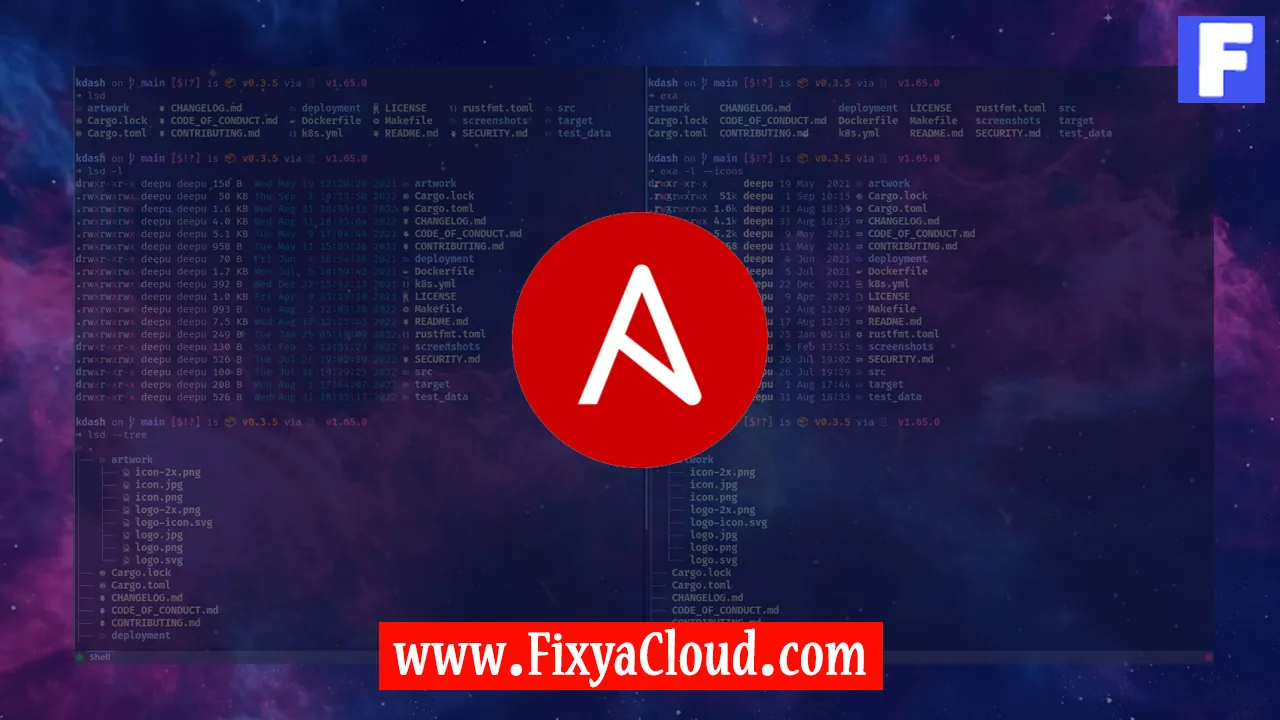Enhancing Deployment Processes with Ansible and Jenkins

In the ever-evolving landscape of software development, efficient deployment processes are crucial for delivering high-quality applications. Automation tools play a pivotal role in streamlining these processes, and two powerful tools that stand out are Ansible and Jenkins. In this article, we will delve into how the combination of Ansible and Jenkins can enhance deployment processes, providing a seamless and reliable workflow for development teams.
Getting Started with Ansible:
Ansible, an open-source automation tool, simplifies configuration management and application deployment. Before integrating it with Jenkins, let's explore some basic Ansible commands:
Installing Ansible:
$ sudo apt update
$ sudo apt install ansibleAnsible Inventory:
Define hosts in the inventory file (usually located at /etc/ansible/hosts) to specify the machines Ansible will manage.Example inventory file:
[web_servers]
server1 ansible_host=192.168.1.101
server2 ansible_host=192.168.1.102Ansible Playbooks:
Create playbooks to define tasks and execute them on specified hosts.Example playbook (deploy.yml):
---
- name: Deploy Application
hosts: web_servers
tasks:
- name: Copy application files
copy:
src: /path/to/app
dest: /var/www/html
Integrating Jenkins with Ansible:
Now, let's integrate Jenkins, a popular automation server, with Ansible to enhance our deployment process.
Installing Jenkins:
Follow these commands to install Jenkins on your server:$ sudo apt update
$ sudo apt install openjdk-8-jdk
$ wget -q -O - https://pkg.jenkins.io/debian/jenkins.io.key | sudo apt-key add -
$ sudo sh -c 'echo deb http://pkg.jenkins.io/debian-stable binary/ > /etc/apt/sources.list.d/jenkins.list'
$ sudo apt update
$ sudo apt install jenkinsConfiguring Jenkins and Ansible Integration:
- Install the "Ansible" plugin in Jenkins.
- Configure Ansible in Jenkins by providing the path to the Ansible executable and configuring the inventory file.
Creating a Jenkins Job:
- Create a new Jenkins job and configure it as a freestyle project.
- In the build section, add an "Execute shell" step and use Ansible commands, such as running a playbook:
ansible-playbook /path/to/deploy.yml
Triggering Deployments:
- Configure the job to trigger automatically when changes are pushed to the version control system (e.g., Git).
- Alternatively, set up manual triggers for deployments.
Enhancing Deployment Workflow:
To further enhance the deployment workflow, consider the following:
Parameterized Builds:
Allow users to input parameters during job execution, making deployments more flexible.Notifications and Monitoring:
Integrate notification plugins in Jenkins to alert teams about deployment status. Additionally, implement monitoring tools to track the health of deployed applications.Rollback Mechanism:
Implement a rollback mechanism by creating Ansible playbooks that revert to the previous version in case of issues.
So, the integration of Ansible and Jenkins empowers development teams to create a robust and automated deployment pipeline. By following the outlined steps and incorporating best practices, teams can achieve faster, more reliable deployments, ultimately improving the overall software development lifecycle.
Related Searches and Questions asked:
That's it for this topic, Hope this article is useful. Thanks for Visiting us.
